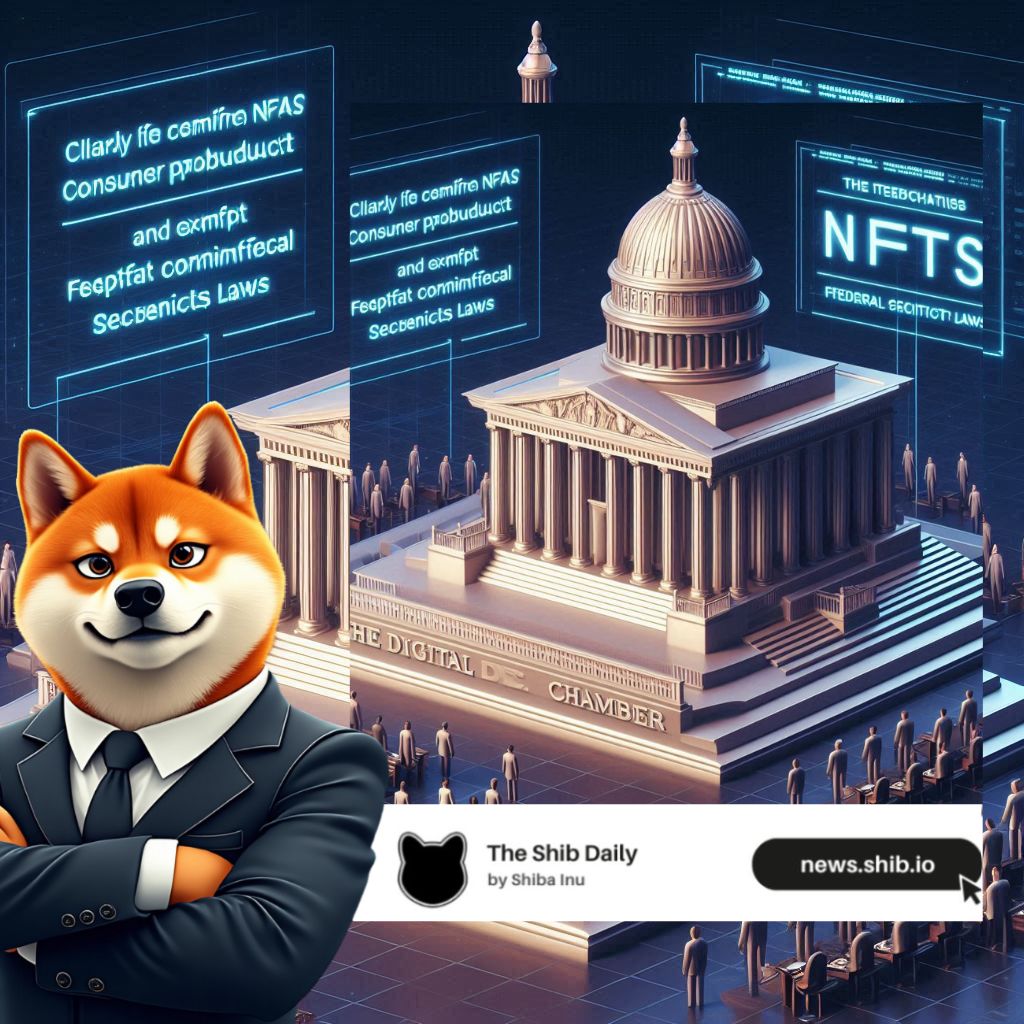The 2024 US presidеntial election is shaping up to be a watershed moment for the crypto industry, as digital assets emerge not just as a niche topic for tech enthusiasts but as a defining issue for American voters.
For the first time, a significant portion of the electorate is prioritizing a candidate’s stance on cryptocurrencies, signaling a dramatic shift in the political landscape and the growing recognition of cryptocurrency’s potential to reshape the future of finance, technology, and even democracy itself. This newfound prominence has ignited a fierce debate, pitting proponents who tout cryptocurrency’s potential for innovation and economic empowerment against critics who warn of its risks to financial stability and consumer protection.
Recent surveys and analyses reveal that a significant portion of the electorate prioritizes a candidate’s stance on cryptocurrency, signaling a watershed moment for the industry’s influence on the national stage. However, this newfound prominence also ignites heated debates and exposes deep divides over the potential benefits and risks of cryptocurrencies.
Crypto Rises as a Political Issue
“Among those who own cryptocurrency in the United States, the vast majority (73%) plan to consider a candidate’s stance on cryptocurrency when they vote for the next president. More than a third of respondents who own crypto (37%) said that a presidential candidate’s position on digital assets would have a significant impact on how they vote for president,” Gemini said in a recent 2024 Global State of Crypto report.
This finding aligned with Grayscale Investments’ analysis, which highlighted a surge in bipartisan interest in cryptocurrency among elected officials and voters alike. “In 2024, we saw cryptоcurrency policy become a mainstream topic of discussion across party lines,” noted Grayscale’s report, emphasizing the growing recognition of cryptocurrency’s potential to reshape the economic and technological landscape.
However, this growing influence also sparked concerns about the undue influence of “Big Crypto” money in politics. Public Citizen, a consumer advocacy organization, warned in its report, “Big Crypto, Big Spending 2024,” that the cryptocurrency industry was pouring vast sums into lobbying efforts and campaign donations, aiming to shape regulations in their favor. “The flood of crypto money into our elections threatened to drown out the voices of everyday Americans and undermine our democracy,” cautioned the report.
influence of crypto in U.S. presidential elections is rapidly growing!
According to a recent survey, a large portion of crypto holders in the U.S. stated that candidates’ positions on crypto regulations will significantly impact their voting decisions. The crypto world has now… pic.twitter.com/Qd7fQOxu9LRelated: Industry Celebrates the New $70M Domain Mogul But His Crypto Shadows Linger
— Pikachu⚡ (@Web3Pikachu) September 10, 2024
The Crypto Debate: Balancing Innovation and Risk
These divergent perspectives highlighted the complex and multifaceted nature of the cryptocurrency debate. Critics like Public Citizen expressed concerns about the potential for fraud, market manipulation, and the risks that cryptocurrencies posed to financial stability.
They advocated for stricter regulations and greater oversight to protect consumers and the broader financial system. Grayscale, while acknowledging these risks, emphasized the importance of fostering a regulatory environment that “encouraged responsible innovation” and allowed the US to maintain its leadership in the digital asset space.
Key Crypto Policy Issues in the Election
As the 2024 election cycle heats up, candidates faced increasing pressure to articulate thеir positions on a range of cryptocurrency-related issues, including:
Taxation of digital assets: Gemini’s report revealed that a majority of crypto owners (57%) were comfortable making crypto a core part of their investment portfolio, raising questions about how these assets should be taxed and the potential impact on investors and the industry.
Regulation of stablecoins: Grayscale highlighted the importance of establishing clear regulatory frameworks for stablecoins to ensure their stability and prevent systemic risks, while Public Citizen called for greater scrutiny of their potential impact on financial markets.
Related: Crypto Titans Bunker Down Now: Vitalik’s Austerity Vow, Binance $1B Bitcoin Shield
The role of central bank digital currencies (CBDCs): The debate over whether the US Federal Reserve should issue a digital dollar intensified, with proponents touting its potential to enhance financial inclusion and efficiency, while critics raised concerns about privacy and government control.
Balancing innovation and consumer protection: Finding the right balance between fostering innovation in the cryptocurrency space and protecting consumers from fraud and other risks remained a crucial challenge for policymakers.
The 2024 election serves as a critical juncture for the future of cryptocurrency in the United States. Voters’ chоices not only determined the next president but also shaped the regulatory landscape and the trajectory of this transformative technology.
As the debate intensifies, it is crucial for voters to engage with the issues, understand the various perspectives, and make informed decisions that reflect their values and vision for the future of finance and technology.












